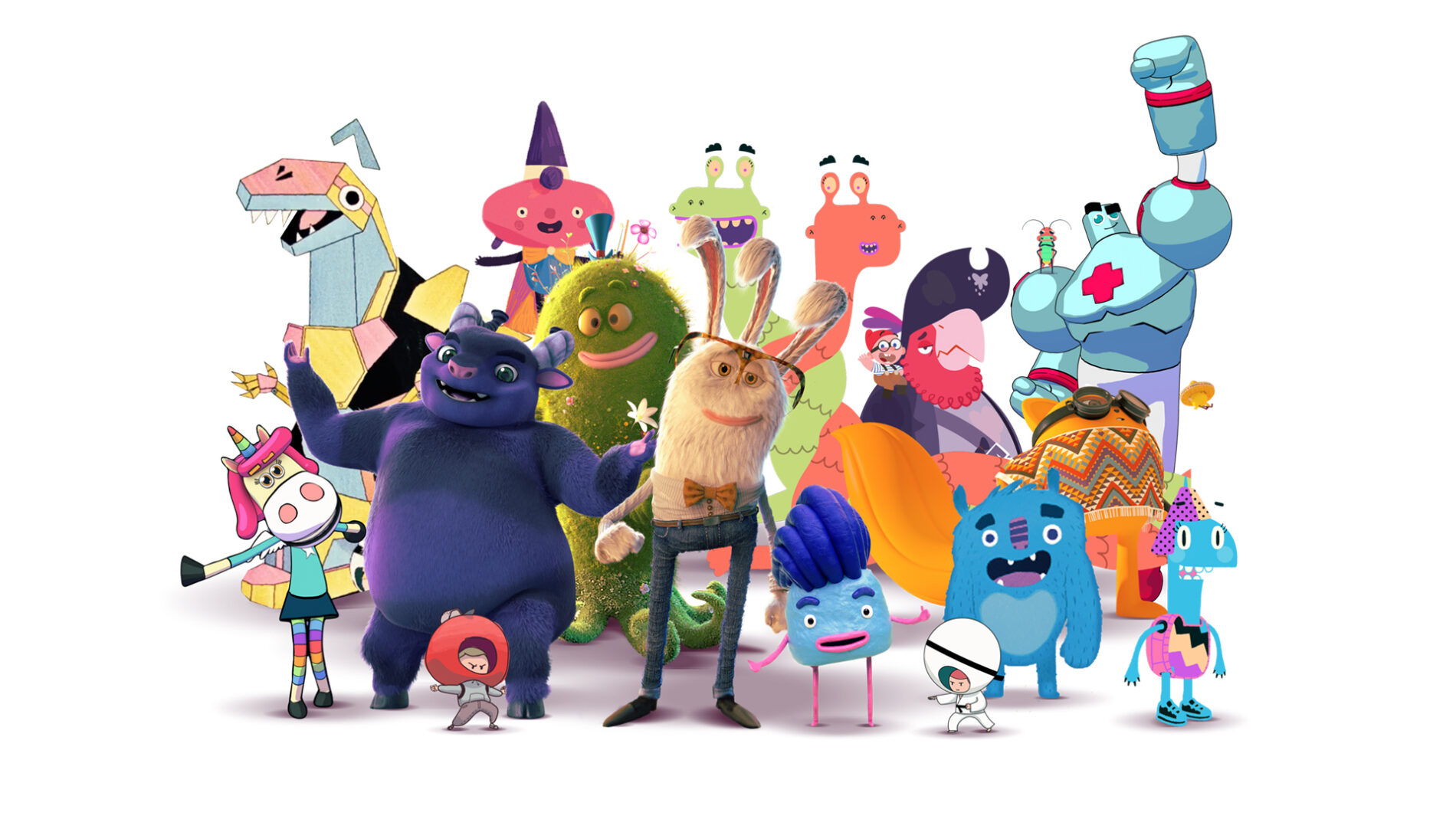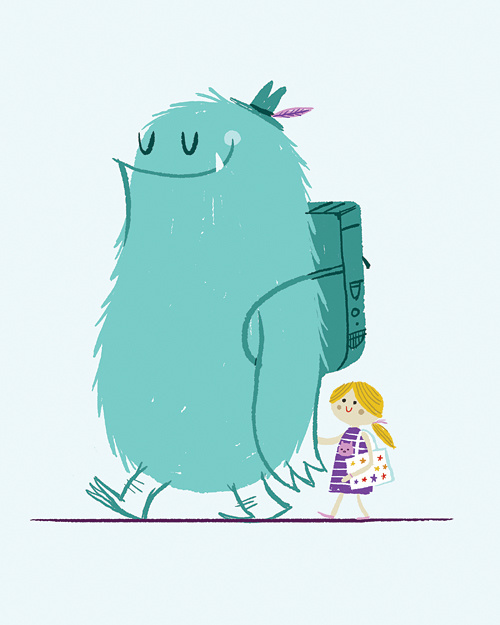What would you do if your child came to you and said that they had an imaginary friend? Would you be concerned about the mental health of your child, or relieved that their imagination is so vivid?
Either way, there are steps to take. This blog post will explore both perspectives and offer advice on how to talk with a professional, psychotherapies for treating illness of imaginary friends, and conclusion.
Contents
What It Is To Have Imaginary Friends?

The term imaginary friends are new to the English language, and it only became popular around the 1990s. According to Oxford Dictionary (and other dictionaries), an “imaginary friend” is a childhood phenomenon where children create their invisible companions for entertainment or as protection from loneliness.
In some cases, a child who has created such activity may be suffering from some mental illness or trauma. According to research, children who are introverted and have imaginary friends are more likely to suffer mental disorders later in life.
How Common Are Imaginary Friends?

Studies show that up to 70% of the population has had an imaginary friend during their childhood years. This increases to about 85% by age six.
Adolescents are more likely to have imaginary friends than adults, but this number decreases with time as children grow up and become socialized.
The figure is astonishing because it means one out of every three people you know might be suffering from some form of mental illness.
Why Do Children Or Adults Invent Imaginary Friends?

There has not been a clear consensus on why children or adults invent imaginary friends, but theories are surrounding this topic.
One theory suggests that the child is lonely and they create an invisible friend for entertainment purposes.
Other reasons such as fear of abandonment, emotional neglect, or physical abuse could also lead a child to form an imaginary friend.
However, some psychologists believe that the act of having an imaginary friend is a healthy one and can be beneficial to the child. It can help them work through traumatic experiences they may have gone through or give them someone to talk to when they don’t have any other friends.
How You Should Respond To This Revelation?

If you have a child who has revealed to you that they have imaginary friends, you mustn’t panic. The best way to deal with this is by talking to them about it.
Just talking openly about your condition can make a huge difference for children and adults with imaginary friends. So you can begin with putting up a few questions like:
- Ask them what their friend’s name is, what they look like, and where they live.
- You should also ask your child why they created this friend and what they talk about
Here, the goal is to get your child to open up about their imaginary friend and share as much information as possible.
If you feel that your child is not comfortable talking about it, then you should take them to a psychologist for help. There are psychotherapies available that can treat the illness of imaginary friends.
NOTE: Do not think that your child is crazy or abnormal and try to downplay the whole situation. It is also essential that you do not get angry with them or dismiss their friend as nonexistent.
When To Seek Help?

If your child has been talking to their imaginary friend for more than six months and it is impacting their daily life, then you should seek professional help.
The same applies if the child has started exhibiting troubling behavior such as violence, self-harm, or withdrawal from friends and family.
Talking To A Professional

It is important to talk about this issue with someone who specializes in these matters and seek help when necessary.
If you have decided that talking to a professional is the best step for you and your child, then it is important to find someone who specializes in this area.
Many psychologists deal with imaginary friends. But not all of them will be right for your child.
You must do some research on the different therapists to find the best one for your child.
Talking about their imaginary friend is not always easy, but it can be beneficial for them in many ways.
So you should try your best to make this process easier on them and get through any difficulties they are having together.
NOTE: Imaginary friends might seem like a harmless activity at first, but it can turn into something that harms your child if not treated properly.
Psychotherapies To Treat Illness Of Imaginary Friends
Various psychotherapies can help children and adults with imaginary friends.
Some of the common therapies used to treat this illness include:
Cognitive Behavioral Therapy (CBT)
This type of therapy helps the child or adult understand their thoughts and behavior about their imaginary friend.
The therapist will help them find ways to manage any problems that may be arising from this friendship.
Family Therapy
If the child’s imaginary friend is impacting the whole family, then family therapy may be used to treat the illness.
This type of therapy helps families deal with and manage problems related to imaginary friends in a constructive way.
Group Therapy
If multiple people are suffering from imaginary friend syndrome, then group therapy may be prescribed as a treatment for this condition. Group therapies include:
- Art or playgroups,
- Family peer support groups, and
- Psychoeducational support group
Dialectical Behavior Therapy (DBT)
DBT is often used to treat disorders like borderline personality disorder and self-harm behaviors.
However, it can also be effective in treating imaginary friend syndrome.
This therapy helps the person learn how to regulate their emotions, tolerate distress, and interact effectively with others.
Play Therapy

If the child is not ready to talk about their imaginary friend, play therapy may be prescribed.
In this type of therapy, the therapist will use different types of play and activities to encourage communication from the child.
Conclusion
Imaginary friends are a common childhood phenomenon where children create their invisible companions for entertainment or as protection from loneliness.
Children who have created such activity may be suffering from some mental illness or trauma.
But there has not been a clear consensus on why they invented them. If you find out that your child has imaginary friends, the best way to deal with this is by talking to them about it and getting them to open up.
If you feel that your child is not comfortable talking about it, then you should take them to a psychologist for help. There are psychotherapies available that can treat the illness of imaginary friends.
So if you have an imaginary friend, don’t be ashamed. You are not alone. Millions of people have gone through this experience at some point in their lives.
But you should be aware that when is the right time to seek help. Just talk to someone about it and you will feel better.
If you are looking for affordable Online Counseling MantraCare can help: Book a trial therapy session


